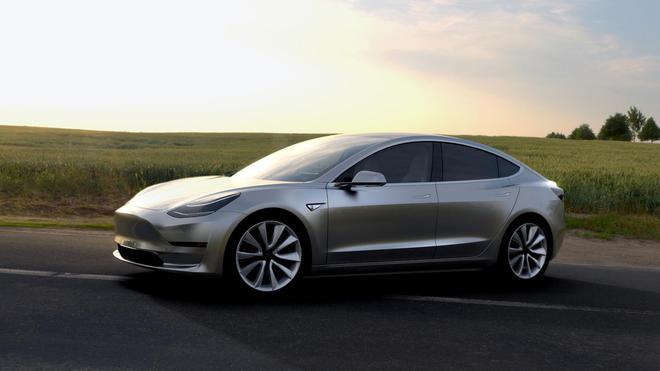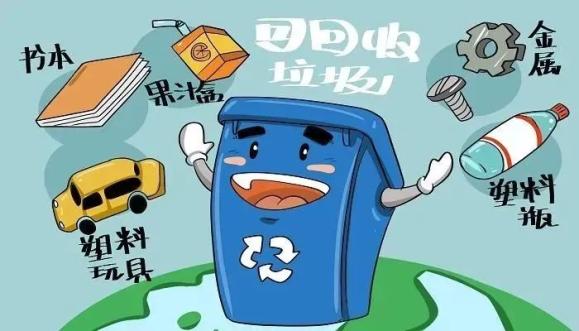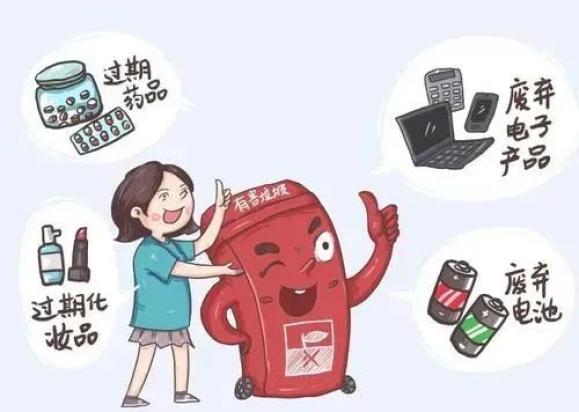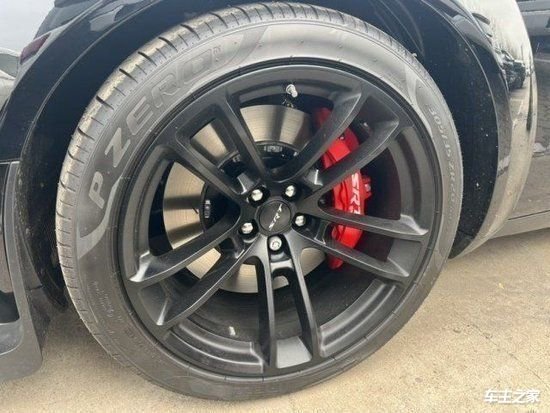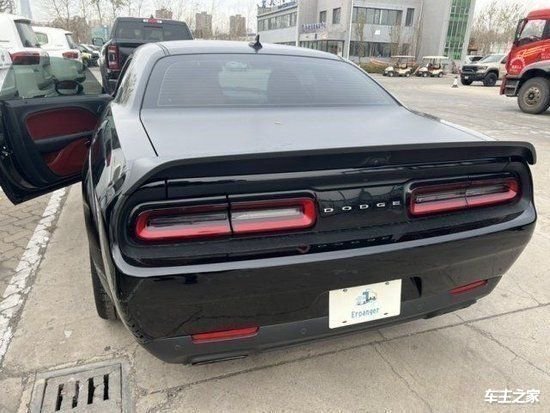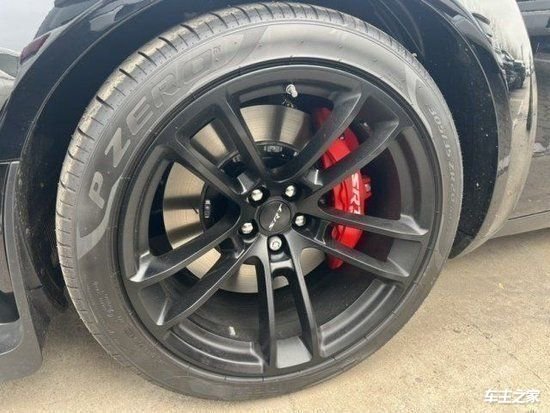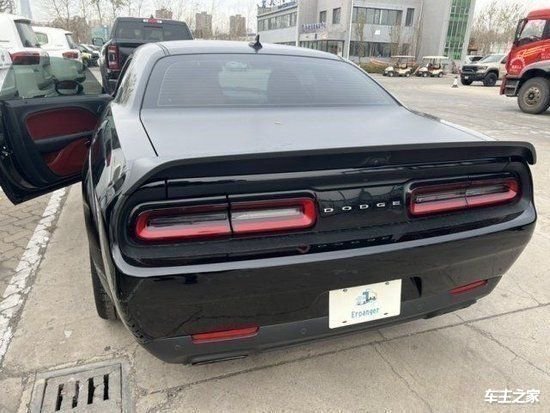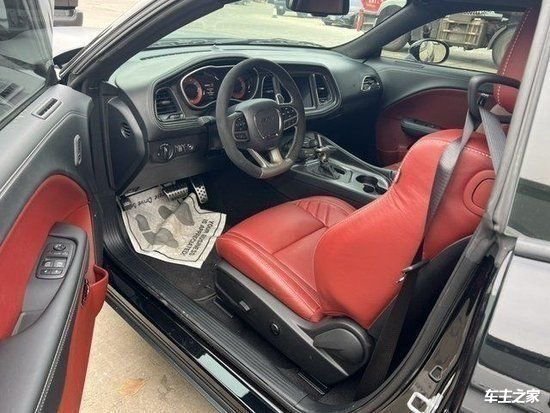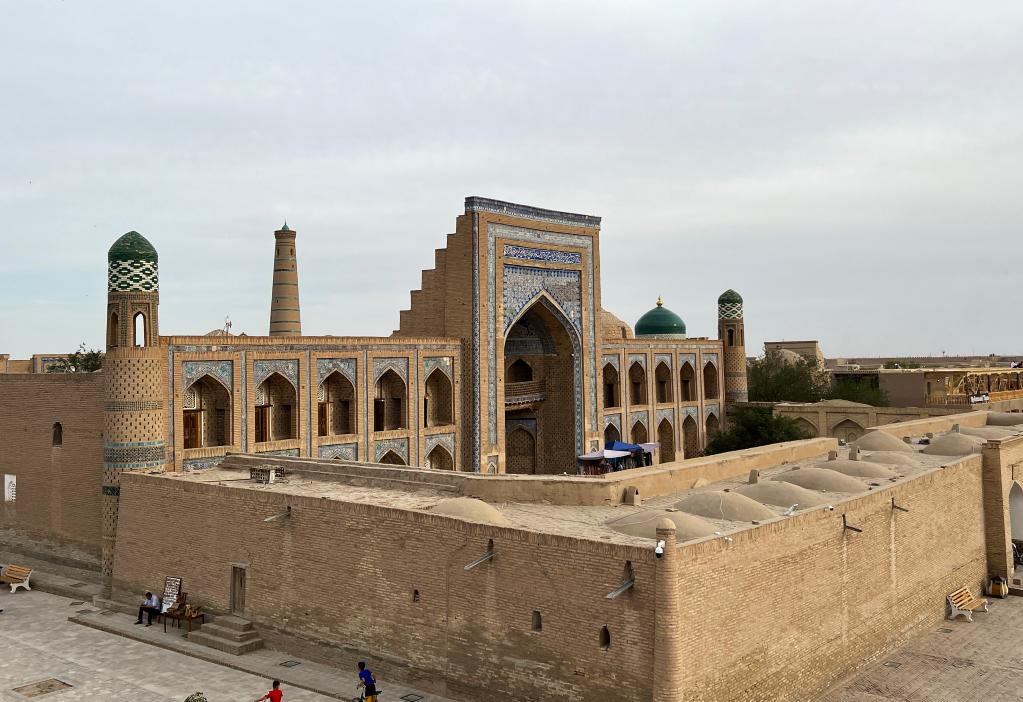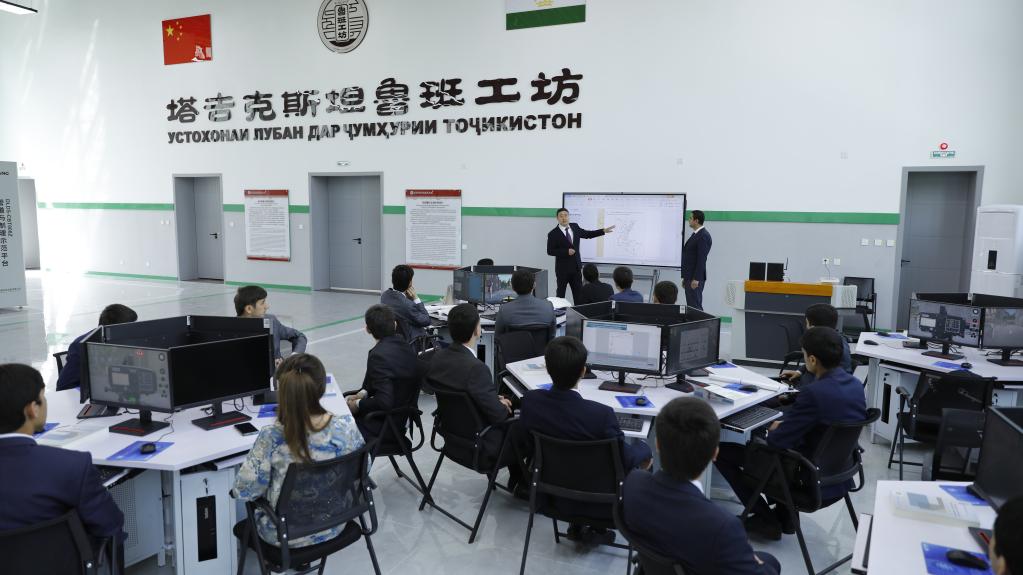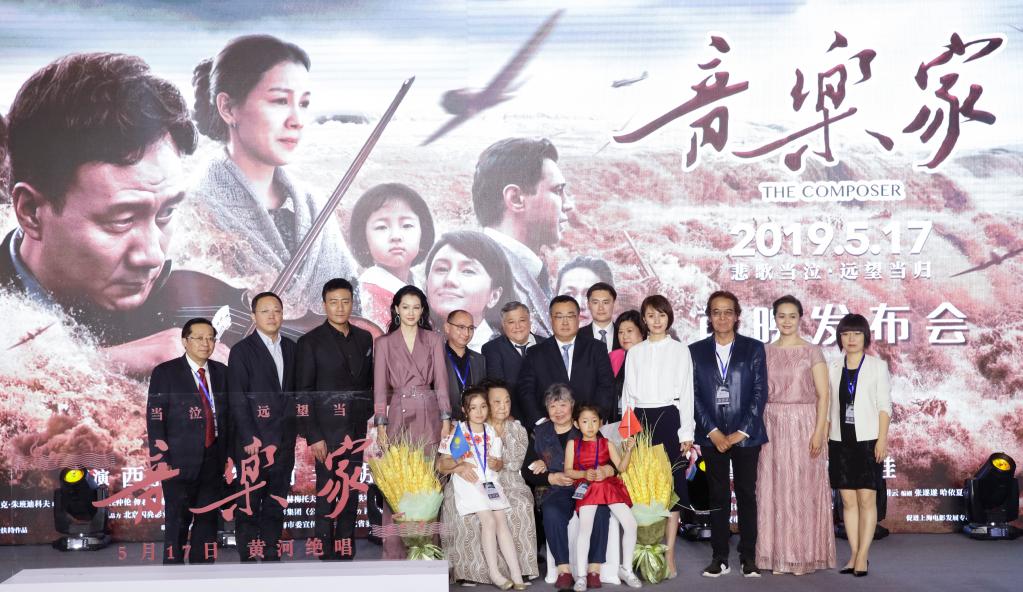Heavy models such as Mercedes-Benz AMG One/Lucid Air//Jaguar E-Pace are coming.
1, 460 shared version listed.
A few days ago, we learned from Changan New Energy Officer that its Changan Yidong EV460 has added a shared model, and the price of the new car is 139,900 yuan. Its cruising range is consistent with the current model, and the cruising range of NEDC under comprehensive working conditions is 405km.
In terms of power, it uses a 100kW driving motor and a ternary lithium battery with a capacity of 52.56kWh.
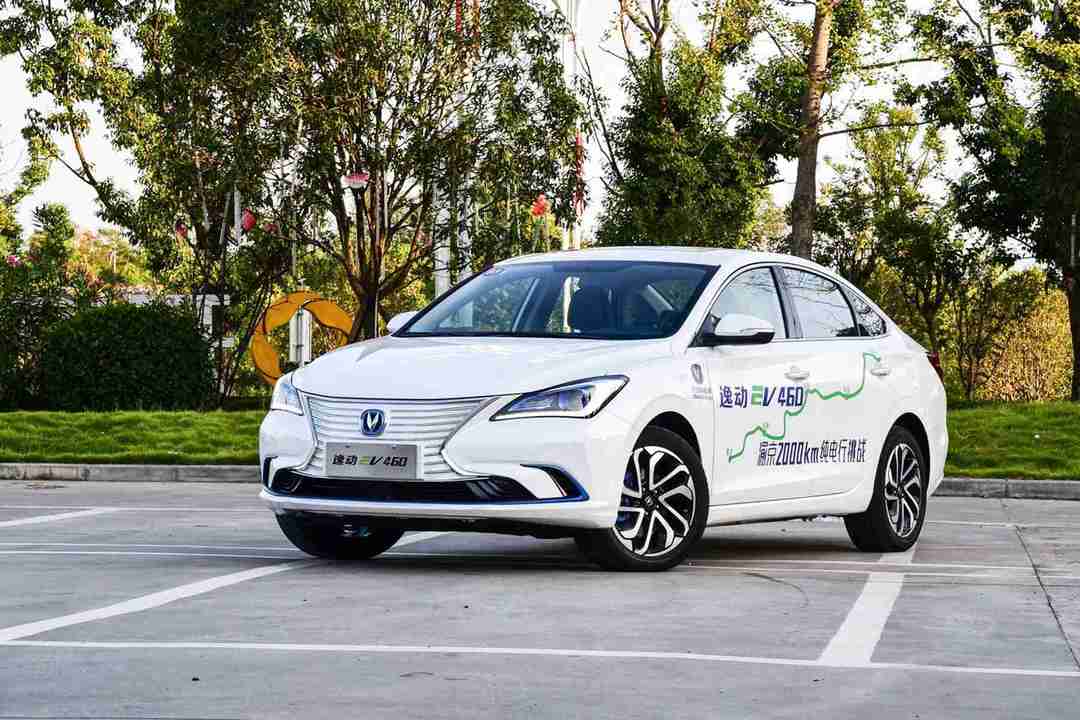
2. It will be officially listed in May.
A few days ago, it was learned from the automobile official that its brand-new compact pure electric car iC5 will go on sale in May, and the pre-sale has been started at present, with the pre-sale price of 155,000-180,000 yuan. NEDC has a comprehensive cruising range of 530km.
Jianghuai iC5 adopts a 142kW driving motor with a capacity of 64.5kWh ternary lithium battery pack, with a maximum power of 204Ps and a peak torque of 340 N m.. The 0-100km/h acceleration time is 7.6s, and the NEDC battery life can reach 530km. (Source: First Electric)

3. It will be officially listed on May 11th.
A few days ago, Aika Automobile learned through official channels that the zero-run T03 will be officially listed on May 11th. The new car is the first product of the T platform, and will be equipped with the Heracles electric drive assembly independently developed. The maximum power is 55kW(75Ps), the maximum torque is 155Nm, and the official data of 0-50km/h acceleration is 5s. At the same time, using high-performance lithium battery, the energy density of PACK is as high as 171Wh/kg, and the battery life of NEDC reaches 403km under comprehensive working conditions. (Source: Aika Automobile)
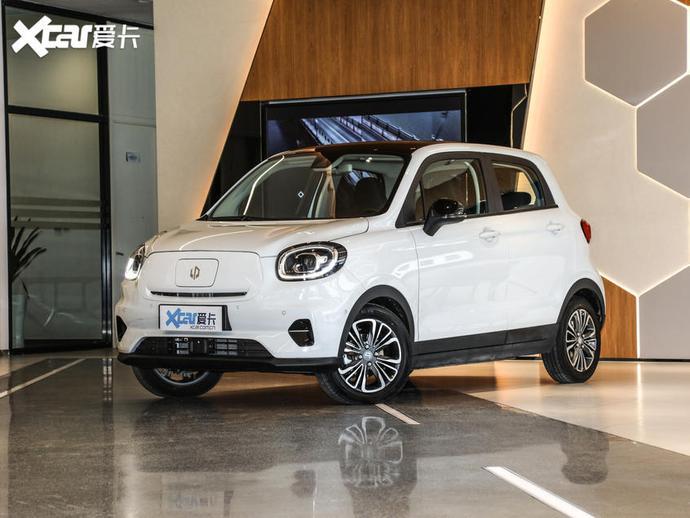
4, the new E-class street real shot
Recently, Mercedes-Benz’s new E-Class appeared on a street in overseas markets. The car will be launched in overseas markets in the second quarter of this year, and the time to enter China is expected to be in the second half of this year. Looking at the appearance, this real-shot model includes a standard version and a large standard version. The former is equipped with a banner grille, and the chrome trim of the front bumper covers a wider area. The car side uses double five-spoke wheels, and the overall design is luxurious, but the younger style is still outstanding. If you want to see the big logo in sports, there are two raised lines above the hood, which shows the sense of strength. The double banner grille also conforms to the identity of the sports version. The car side is equipped with five-spoke wheels, which are consistent with the current style. The blackened style light group also highlights the younger positioning of the E-class. Like the family’s latest iconic "7" light strip, the two versions share elements.
Large and medium-sized cars such as Mercedes-Benz E-Class, Audi A6 and BMW 5 Series will inevitably be more conservative in styling design, and at the same time, it will also bind its user groups to the older age groups, and consumers with lighter grades will feel out of place when driving it. However, the younger style of the new E-class is in sharp contrast with the current models, and it is no exaggeration to say that there is no sense of disobedience when driving it after 80 s and 90 s! (Source: Online Auto Market)
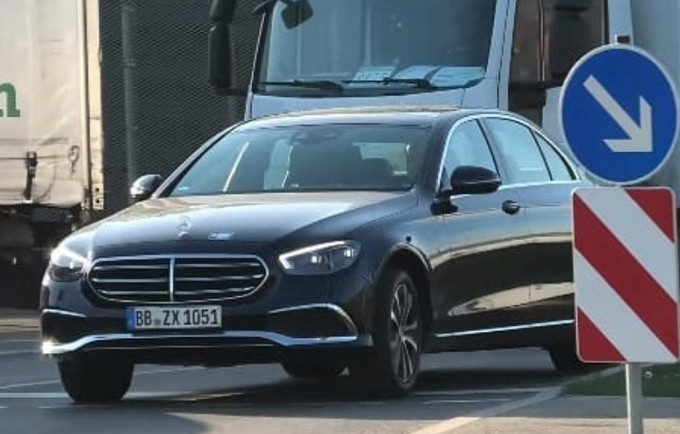
5. Software update
It is reported that Tesla has updated the software of the Model S Performance version, and the acceleration time of the car of 0-96km/h will be realized within 2.3s. But so far, Tesla has not explained this update, nor has it revealed too much the specific reasons for the shortened acceleration time of the car.
Some people speculate that the shortening of acceleration time is related to Tesla’s "Cheetah Stance”Launch Mode. The latest adaptive air suspension and attitude can increase traction, and the acceleration of the car is indeed improved during the test. (Source: First Electric)
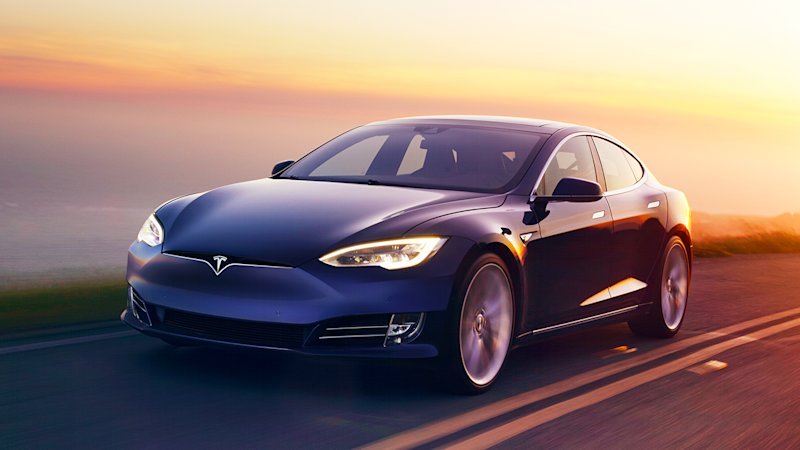
6. The new Mercedes-Maibakh S-class spy photos are exposed.
Recently, overseas media released a new set of S-class test spy photos of Mercedes-Maibakh. In terms of power, the new car will replace the V12 with a combination of V8 engine and 48V motor, and a plug-in hybrid version will be introduced. The new Maibakh S-Class is expected to be officially released in 2021.
Mercedes plans to use EQ Boost light mixing system to provide a new car with a 4.0L V8 twin-turbo engine and a 48V motor system, and it is also expected to introduce a combination of a 3.0L inline six-cylinder turbocharged engine and a plug-in hybrid system. The V12 engine used in the current model will probably no longer be used. (Source: First Electric)
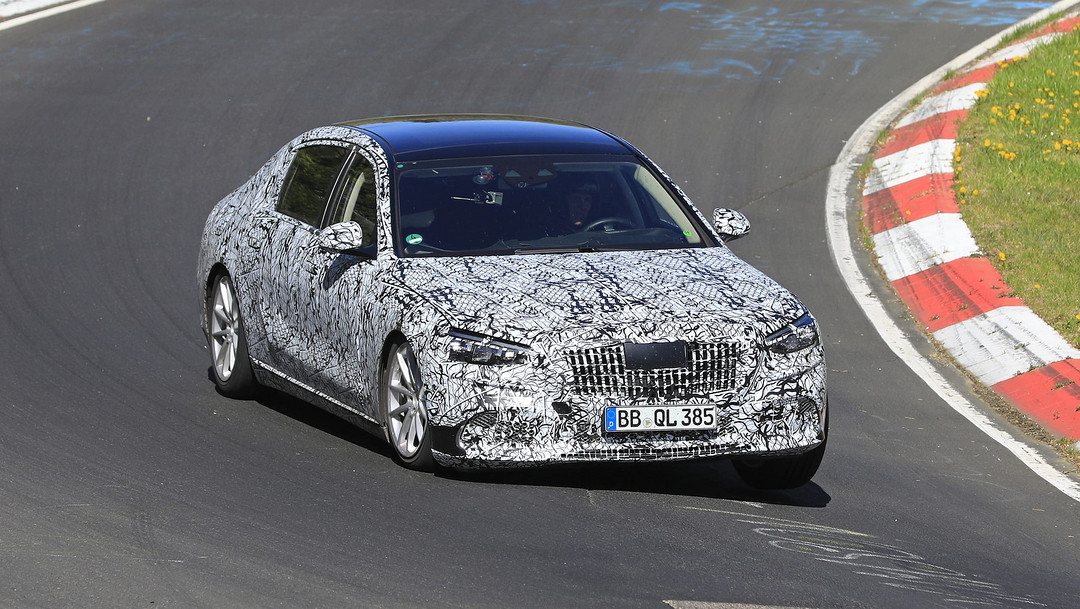
7. Lucid’s first electric car Air extreme cold test exposure
With the cancellation of new york Auto Show in April, 2020, the production version of Lucid’s first model, Air, which was originally scheduled to be launched in the world was forced to be postponed. Now the Javits Convention and Exhibition Center, where the auto show was held, was changed to a temporary hospital to contribute to new york’s fight against novel coronavirus. On the other hand, Lucid is also preparing for the final mass production of Air. Recently, it released a video of the extreme cold test of a new car in northern Minnesota.
As we all know, every car needs to be tested for extreme cold in winter before it is put on the market, so Lucid brought Air to the north of Minnesota a few months ago, where the temperature is as low as -33℃. In the past winter of 2019, Lucid had two Air prototypes (Beta 4 and Beta 5) that challenged four different types of bad road conditions: circular track, ice, snow and control track. (Source: Sina Auto)

8, Opel Mokka electric version of the road test spy photos exposure
For the brand Opel, I believe many small partners are unfamiliar. As it withdrew from the domestic market and joined the PSA Group, it made a profit. A few days ago, overseas media exposed a group of Opel Mokka electric models.
Judging from the spy photos exposed, the overall design originated from the GT X concept car launched in 2018. As a brand-new small crossover vehicle, it adopts a sharper design appearance and is built on the CMP platform. It is reported that the new car will be officially released at the end of 2020 and will be put on the market in early 2021. (Source: First Electric)
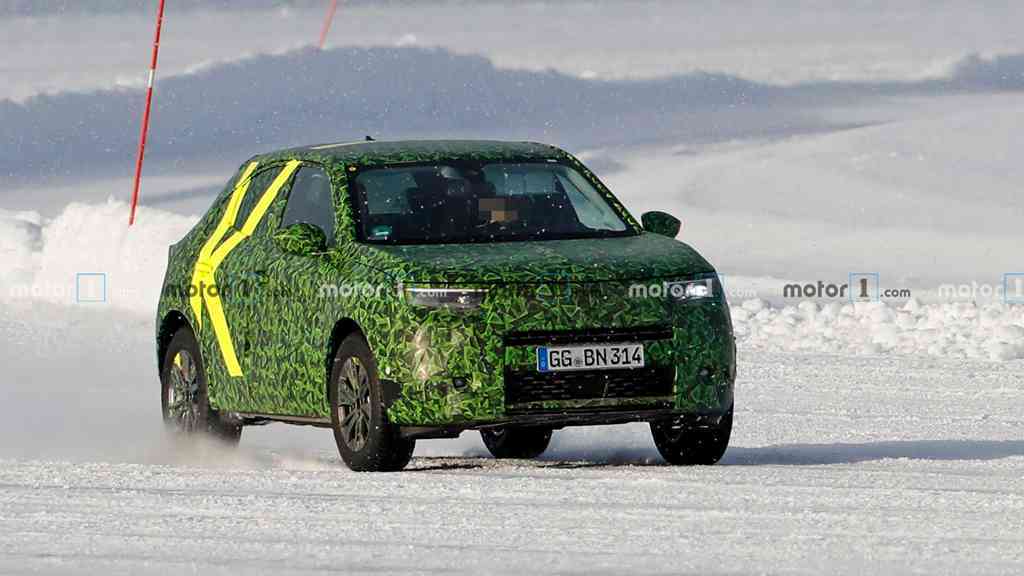
9, BYD Hanshi car exposure
A few days ago, BYD Han’s test drive was officially exposed. Although there is still a certain gap compared with the concept car, it has also achieved the design benchmark as a flagship model.
This BYD Han designed by former design director Iger has quite an Audi charm, especially the dragon-shaped front face design style, texture and sense of science and technology coexist. The design style of the old Audi A6L front net and the headlight design style have been transplanted to some extent. It can be seen that even if this design language appears on BYD Han, it can also bring better visual effects.
As for the tail styling design, the sense of technology and design brought by the LED taillights is enough to bring better visual impact. Compared with the previous models, the design has been further improved. (Source: Gossip on the rims)
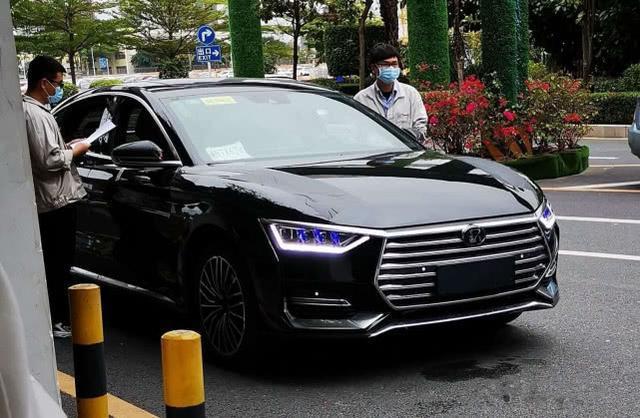
10. New Bronco interior spy photos
A few days ago, we learned a set of spy photos of the interior of the new Ford Bronco from relevant channels. The interior of the new Ford Bronco adopts a black overall color scheme, and is also equipped with a knob shift mechanism and a full LCD instrument panel. The new Ford Bronco is designed in a tough style, positioned as a hard-core off-road vehicle, and will be equipped with a power combination of 2.3T engine and +10AT. It is understood that the new car will be released next spring.
The new car will be equipped with a 2.3T gasoline engine of the same model as Ranger pickup truck, with a maximum power of 201kW(274Ps) and a maximum torque of 420Nm, and the transmission system will be matched with a 10-speed automatic. In addition, the new car is expected to match the 7-speed manual transmission. The new car will share the platform and some technologies with the new Ford Ranger, and some of the chassis transmission technologies are developed in cooperation with Dana Company of the United States. (Source: Aika Automobile)
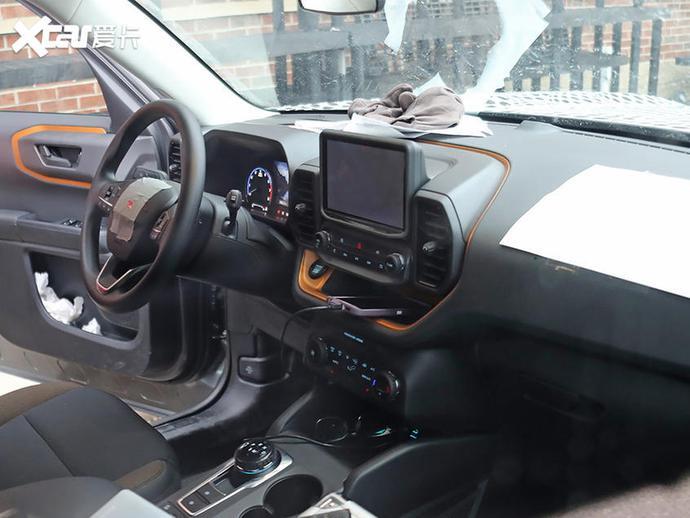
11、PURA Vision S
Recently, according to foreign media reports, the Pininfarina PURA Vision SUV will be launched in 2022. Pura Vision will adopt a four-door five-seat design, and the real car shape is closer to the hunting version. It is expected that competitors will lock Urus and DBX after the new car goes on the market.
According to Luca Borgogno, the design director of Pininfarina, the Pura Vision model was inspired by Italy’s top yachts, trying to bridge the gap between Lamborghini Urus and Panamera Sport Turismo, and the interior of the car will be fully customized.
At the same time, the Pura Vision production model will be equipped with 24-inch wheels, and the power will be driven by four wheel motors. The maximum output power can reach 1014 horsepower, the acceleration time from 0 to 96 km/h is less than 3 seconds, the maximum speed can reach 290km/h, and the maximum cruising range is 550km. The price of the new car is expected to be around 250,000 pounds (about 2.24 million yuan). (Source: First Electric)

12. Mercedes -AMG One will be released in 2020.
As the technical flagship of Mercedes-Benz road car, Mercedes -AMG One will be officially released at the end of 2020. Six-time world champion Louis Hamilton has taken the lead in experiencing this road supercar closest to Formula One racing. It is reported that the new car will be assembled in the Mercedes -AMG high-performance powertrain factory in Worth, Briks, UK, with a starting price of 2.4 million pounds (about 20.932 million RMB). The competitors are locked in LaFerrari and the upcoming Valkyrie in aston martin.
Mercedes -AMG One is equipped with a plug-in hybrid powertrain consisting of a 1.6-liter turbocharged V6 engine and four electric motors, with a maximum output of 986 horsepower. This V6 engine has won the title of driver and F1 champion for Mercedes team for six consecutive times since 2014. On Mercedes -AMG One, the speed of red line is 11,000 rpm, which is lower than the speed of racing car (the upper limit is 15,000 rpm, but it rarely exceeds 13,000 rpm). (Source: Sina Auto)

13. Brand-new E-Pace reloading PTA platform
Under the global wave of car electrification, Jaguar’s entry-level SUV model E-Pace ushered in a major upgrade only two years after its release. The new Jaguar E-Pace will be equipped with a fully upgraded PTA platform, providing a mild hybrid and plug-in hybrid powertrain for the first time. Although the appearance change is relatively small, the in-car technology will take a big step forward and is expected to be officially released by the end of 2020.
The biggest change of the new Jaguar E-Pace will be the replacement of Jaguar Land Rover’s PTA (Premium Transverse Architecture), just like the discovery of Miracle. PTA architecture is a comprehensive upgraded version of the previous D8 architecture, and the same platform is also built with Discovery Divine and evoque, so that E-Pace can be equipped with electric powertrain. (Source: Sina Auto)
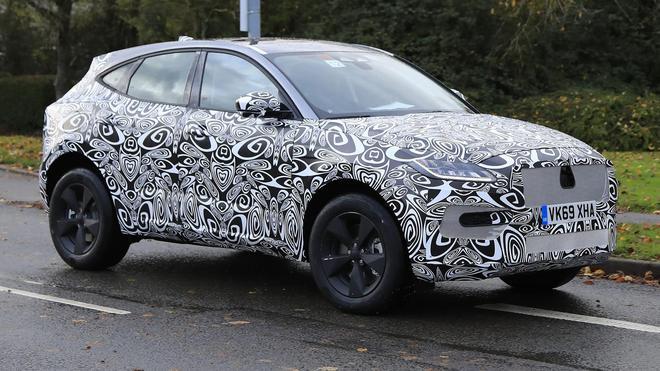
14. OceanForce-E hard-core electric SUV will be launched soon.
Earlier this month, Fisker revealed the hard-core version of the upcoming Ocean SUV. At present, Tesla has no plans to build a pure electric hard-core SUV, and the hard-core electric SUV will be a broad market. Fisker is working hard for this and will launch the Fisker Ocean Force-E off-road kit version based on the Fisker Ocean standard version. In the future, it will be sold to the team as a rescue vehicle, and even a military version of the electric SUV will be launched.
The appearance of Fisker Ocean Force-E looks very hard. It is hard to imagine that it is a pure electric off-road vehicle. The off-road kit added includes suspension upgrade, off-road vehicle wheels and wheels, headlights attached to the lower bumper, headlight protection bar, front trailer hook, roof rack with integrated lighting, full-size spare tire, lower front protective pedal and more durable interior. There is even a big drinking water tank with a faucet in it. Fisker did not disclose the details of the interior. (Source: Auto Expo)
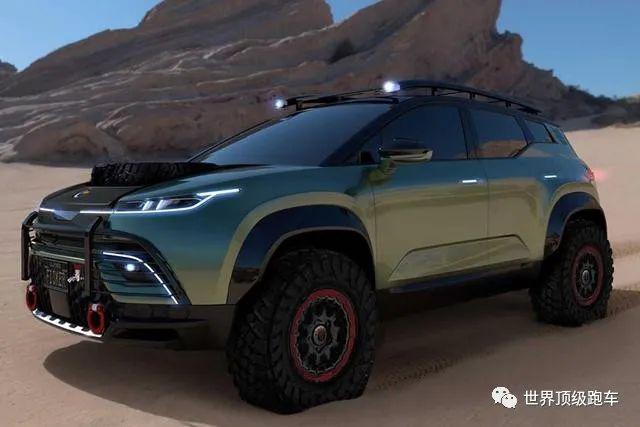
15. Red Flag HS5 will push the hybrid version.
Hongqi HS5 is its best-selling SUV model, which is currently equipped with 2.0T+6AT fuel power. Recently, the online auto market learned that Hongqi HS5 will add a 48V light-mixed vehicle with a 2.0T engine to match the AT gearbox. The new car is expected to be officially put on the market during the year. In the medium-sized SUV market, there are not many models equipped with 48V light hybrid, and only evoque and Range Rover Sport are well known.
Judging from the matching of powertrain, Hongqi HS5 48V light hybrid is still expected to be equipped with the 2.0T engine of the current model, which belongs to the developed 2.0T low-power version, with a maximum power of 165kW and a peak torque of 340N.m. This engine adopts 10 core technologies, such as high compression ratio+Miller cycle combustion, 350bar precise fuel injection, full MAP precise intelligent thermal management technology, two-stage variable displacement oil pump, and electronically controlled high-response double-channel supercharger, and its thermal efficiency reaches 39%. (Source: Online Auto Market)
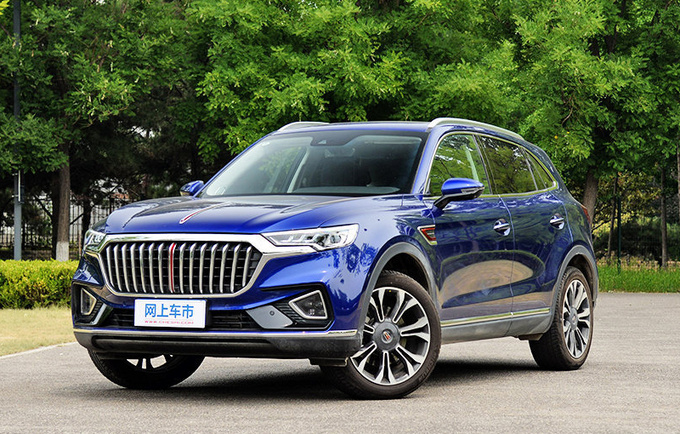
16. Tesla is considering adding the baby mode function.
Following the addition of Joe Mode in the V10 update in autumn of 2019, a new function-Baby Mode is likely to be added in future software updates, which can make the interior environment quieter. ·(Elon Musk, CEO of Tesla, recently confirmed on Twitter that Tesla is considering adding Baby Mode to the existing Joe Mode. (Source: Sina Auto)
